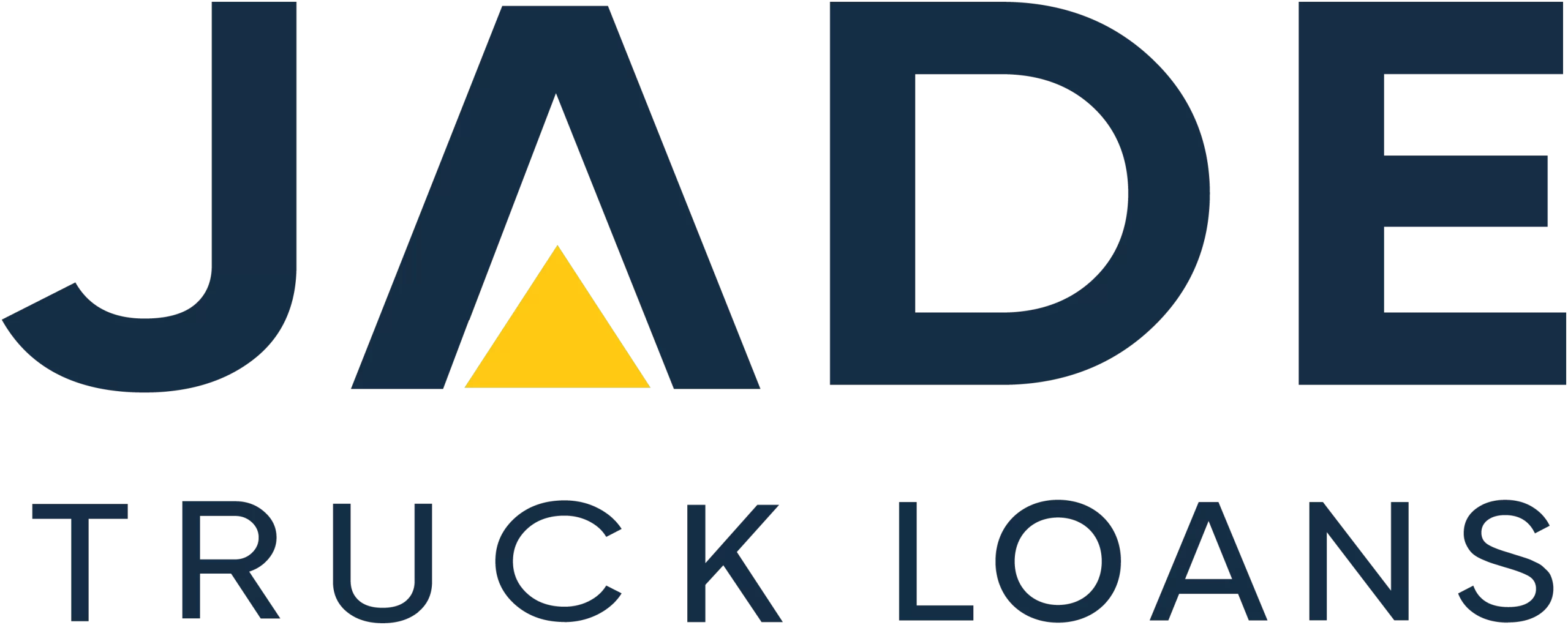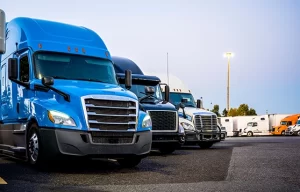Just when you believed you had a solid grasp on accounting strategies and the tax advantages tied to truck loans, a new concept comes into play, requiring you to delve into the realm of financial figures once again. While the Instant Asset Write-Off has gained familiarity, if not a certain degree of repetition, in discussions surrounding truck acquisitions and financing throughout the last 15 months, a fresh contender has joined the arena: temporary full expensing (TFE). This development introduces a new dynamic within the same context.
As masters in the finance game, our team is total across TFE and we’ve broken it down to the basics so you’ll know if your business is eligible, if your credit profile suits, if the truck you’re buying is eligible and how you can access the suitable cheap truck loans Australia wide to realise the tax deduction benefits on offer.
How to Benefit from Temporary Full Expensing
The concept of temporary full expensing was introduced during the October Federal Budget announcement, which incidentally corresponded to the 20/21 budget release. This timing shift was necessitated by the COVID-19 implications, deviating from the usual schedule in May. The array of measures introduced alongside the comprehensive stimulus packages has understandably led to confusion among numerous business operators. Nonetheless, the potential advantages make it worthwhile to invest time in comprehending the intricacies.
Temporary full expensing constitutes an accelerated asset depreciation strategy. The term 'temporary' signifies its applicability for a defined period. In the present context, its introduction in October 2020 encompassed purchases extending until the close of June 2022. The subsequent 21/22 Budget announcement has prolonged this period until June 30, 2022. To qualify for the tax benefit, eligible assets must be procured and operational within the eligible business by this specified date. For more information on 2021/2022 Federal Budget click here.
The advantage lies in the fact that according to standard tax regulations, an asset acquired with suitable financing follows a predetermined depreciation rate, as established by the ATO. Consequently, only a minor fraction of the truck’s purchase cost is deductible as an expense annually, spread across several years.
With an accelerated asset depreciation measure like TFE, that process is – yes, accelerated. Not just a small percentage but the entire purchase price is claimed as a tax deduction in the same year the asset/truck was purchased. Businesses receive a much larger tax deduction in that year, which reduces taxable income and how much business income tax is payable.
By reducing the business tax obligations, funds are freed up to spend on other areas of the business.
There are specific details of eligibility and other accounting factors to consider and business owners are advised to check the information at ATO and of course consult with their accountant or tax agent to ensure all the boxes are ticked.
TFE v IAWO
If this all sounds recognizable, you’re on the mark. The fundamental description of TFE mirrors that of IAWO. However, the distinction in the present regulations pertains to which businesses and assets qualify. IAWO was restricted to businesses with a relatively modest turnover and exclusively applied to new assets. TFE broadens the scope of eligible businesses and encompasses both new and pre-owned assets for certain enterprises.
Who is eligible?
Enterprises with a combined turnover not exceeding $5 billion annually meet the eligibility criteria, encompassing nearly all except the most sizable corporations in Australia. The specific business structure seemingly does not exert influence over the qualification for this measure. Sole traders, Pty Ltd entities, SMEs, partnerships, family-run establishments, and similar ventures could potentially meet the requirements set forth by the ATO.
For small businesses that adhere to simplified depreciation regulations, certain adjustments are relevant. Further particulars can be examined on the ATO website, accessible through the provided link.
What trucks are eligible?
With IAWO the price of eligible assets was limited to $150,000 and new assets. But under TFE the eligibility has been increased to an unlimited value. That would include all types of trucks such as semis, prime movers, truck trailer combos, refrigerated, crane trucks, B-doubles, tray trucks, tow trucks, general delivery trucks and across all engine capacities.
- All new trucks are eligible for businesses with a turnover of less than $5 billion.
- For businesses with less than $50 million turnovers, both new and second-hand assets are eligible.
- Timeframe for purchase is from 6 October 2020 at 7.30 pm AEDT through 30 June 2023 (once the Budget Bill is brought into law after passing both Houses of Federal Parliament. Currently, the ATO information shows the 2022 expiry date as officially, budget announcements don’t become rulings until passed into law).
- For businesses with over $50 million turnovers, second-hand assets are not permitted.
- The measure is not limited to just one asset so eligible businesses could purchase and claim multiple eligible vehicles.
What truck loan types can be used?
The key to claiming the tax deductions of temporary full expensing is financing your truck with the appropriate loan type. That means a loan where the asset being purchased can be depreciated. Chattel Mortgage for truck & trailer loans is considered the most appropriate commercial truck loan type for this purpose.
Rather than the repayments being tax-deductible, with Chattel Mortgage the main tax deduction is realised through depreciation when the income tax return/annual business accounts are prepared.
Bad Credit, Low Docs and No Doc Truck Chattel Mortgage
The category of loan application should not by definition exclude a business from claiming TFE. No financials truck loans, low doc and bad credit loan applicants that accept a Truck Chattel Mortgage offer should be able to claim the relevant tax deductions.
Due to our accreditations with non-bank lenders, Jade Truck Loans has a proven track record in sourcing cost-effective low doc and no doc loans at cheap interest rates and workable solutions for bad credit truck loans.
Important Note: Selling Trucks after Claiming TFE
An important note in the ATO information is regarding the sale of assets that TFE has been claimed against. If an asset ceases to be used or held by a business in the same income year as the claim is made, what they refer to as a balancing adjustment event would apply.
How to Apply For Truck Finance
For a quote or to apply for a truck loan that allows you to benefit from temporary full expensing, just contact us and one of our consultants will handle the entire process for you.
Contact us on 1300 000 003 to discuss the full range of lending options.
DISCLAIMER: THIS INFORMATION IS ISSUED PURELY FOR THE PURPOSE OF GENERAL INFORMATION PROVISION. IT IS NOT TO BE TAKEN AS THE ONLY SOURCE OF INFORMATION FOR BASING FINANCIAL DECISION-MAKING. THOSE REQUIRING FINANCIAL GUIDANCE AND ADVICE SHOULD CONSULT WITH THEIR FINANCIAL CONSULTANT OR ADVISOR. NO LIABILITY IS ACCEPTED FOR ANY MISREPRESENTATION OF POLICIES, DATA OR ERRORS IN THIS CONTENT.


 " alt="">
" alt="">